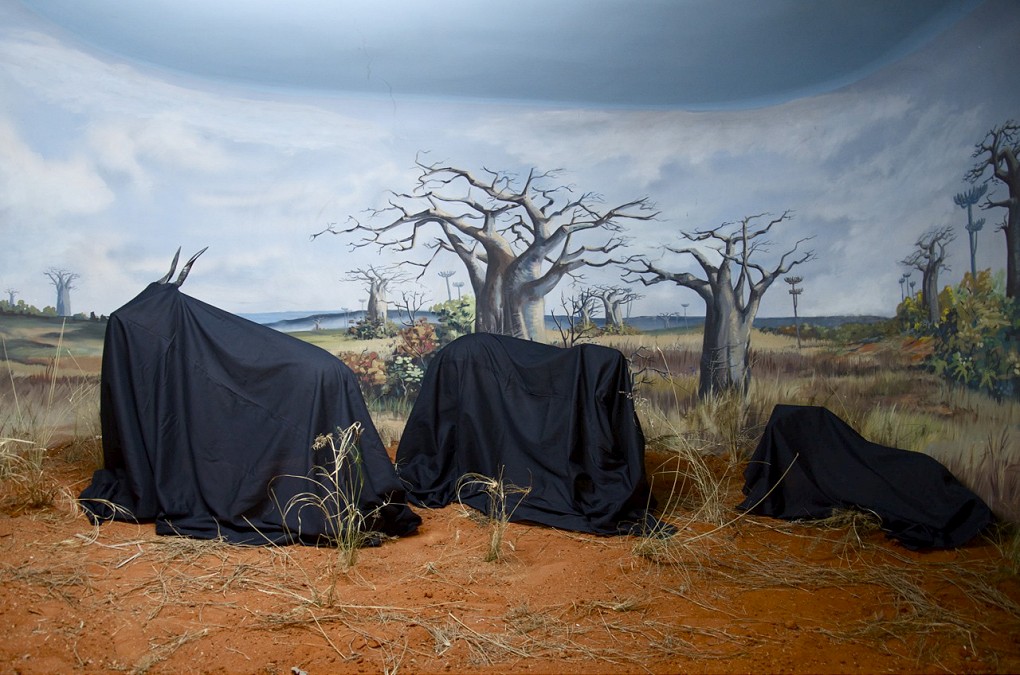THE ANGOLAN ARTIST CELEBRATING CHAMPIONS OF CULTURE AND CHANGE
In a piece that tickled a high number of the stereotypes with which the right-leaning folk use to bash The Guardian, Afua Hirsch called for the toppling of Nelson’s column earlier this year as, following abominable events in Charlottesville, the discussion of problematic public sculpture reached fever pitch. Jerry White, professor of London history at Birkbeck College, hit back, calling it “cultural vandalism”, comparing the idea to ISIS’s persistent destruction of irreplaceable artefacts and heritage sites.
Times are tense, and tearing down what is considered by many a national icon (of an admittedly repugnant man) is likely to only succeed in creating further tensions between an increasingly separated left and right… But it’s a conversation that needs to be had. A conversation that fuels the evocative work of Kiluanji Kia Henda, an Angolan artist who has recently become the first African to be awarded the prestigious Frieze Artist Award and project commission.

Working across photography, video and performance, Kia Henda brings a welcome sense of humour to his acute dissections of post-colonialism and modernism in Africa – as is demonstrated in his brilliant series, Redefining The Power. Intrigued by vacant plinths around the city in the wake of a long and violent civil war, the artist offered a canny answer to issues that the West is currently experiencing with its own complicated commemorations.
“It was exactly ten years after the war had ended in Angola”, Kiluanji explains. “The city was starting to witness a cultural rebirth that I sought to express in the form of living monuments. The idea was to invite some crazy friends who live in a kind of constant performance to climb on to the pedestals that have been empty for more than 30 years, and have the freedom to perform whatever they want.”
“In Redefining The Power, I aimed to replace the colonial heroes and the war symbols with something extremely alive: people that I would consider as my cultural heroes – everyone from a poet to a gay rights defender. I think every city should have empty pedestals that are customised regarding our passions, instead of having representations in cold stone of dead people who are mostly connected with wars or political power, and who no one really cares about today.”

In light of recent events and the unnerving rise of right-wing politics and grassroots movements, Kia Henda’s celebration of the alive and the good is a touching sentiment, which adds an interesting alternative to the glut of words that have been written about the ethics and social responsibility that surround this issue. There is a lesson here, too, that we could all do with learning: sometimes it’s more important to mark the now and the near future than it is the past.
Exploring contrasting perceptions of Africa – In the Days of a Dark Safari, Kia Henda’s solo show at Goodman Gallery Cape Town – is critical of the colonialist who “collects information in the forest and lays it out on museum display cases”, and notes the homogenisation of imagined-Africa with a sardonic nod to safaris and ‘African scenery’; but there is recognition that, with every narrative, there are two sides.

“It’s important to recognise the power of art to heal the wounds of the past, but also to make people aware of the existing threats”, explains the artist. “One of the biggest damages that colonisation did to Africa was also to become a scapegoat for the problems that still ravage the continent. I’m conscious of how colonisation still plays an important part in the misery in many parts, but it’s also very clear that it is a mask to cover corruption and mismanagement.”
Too often, especially so in Africa, clumsy tourists (more often than not, from the nations who did the colonising) fawn over people and places without recognising the sinister recent history that still simmers underneath. Raising awareness and celebrating contemporary cultural heroes: Kiluanji Kia Henda’s work should serve as an analogy for a more socially responsible direction we should all be taking. What are your empty plinths, and who can fill them? Celebrate your champions of culture and change.











